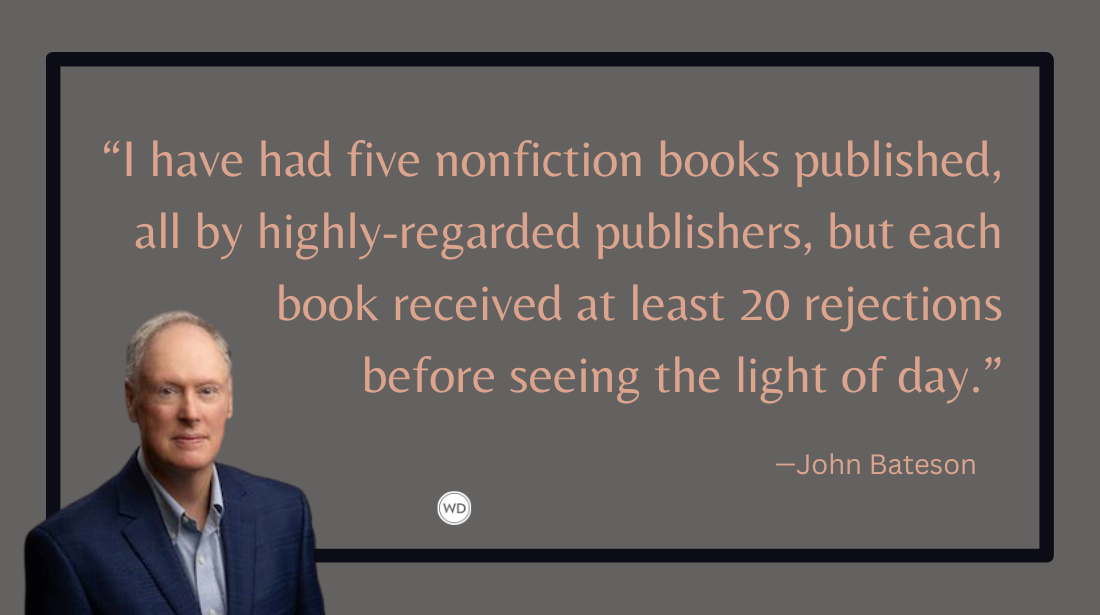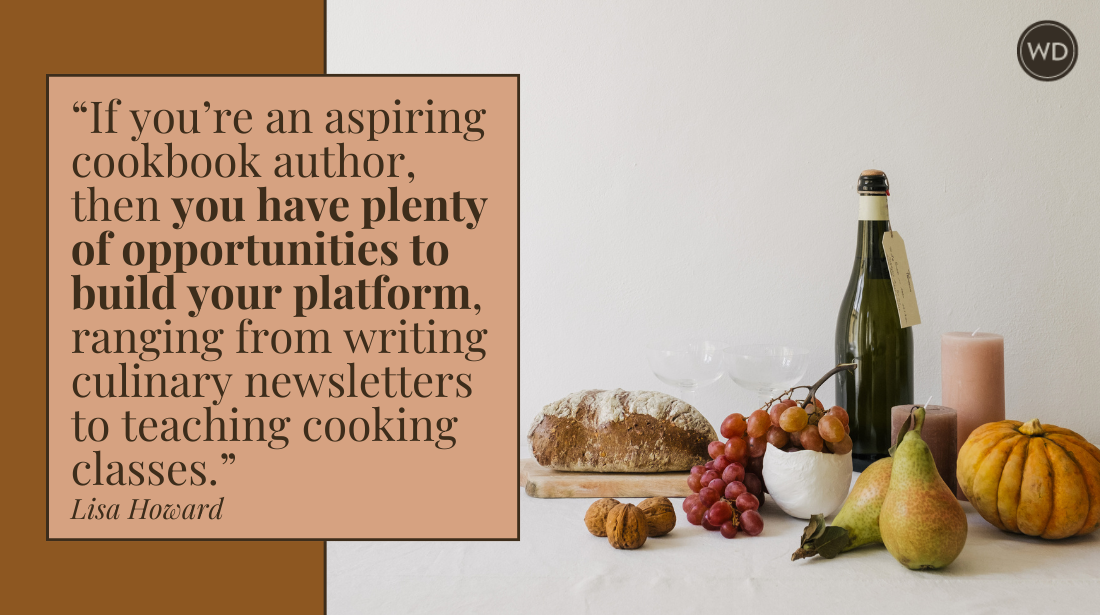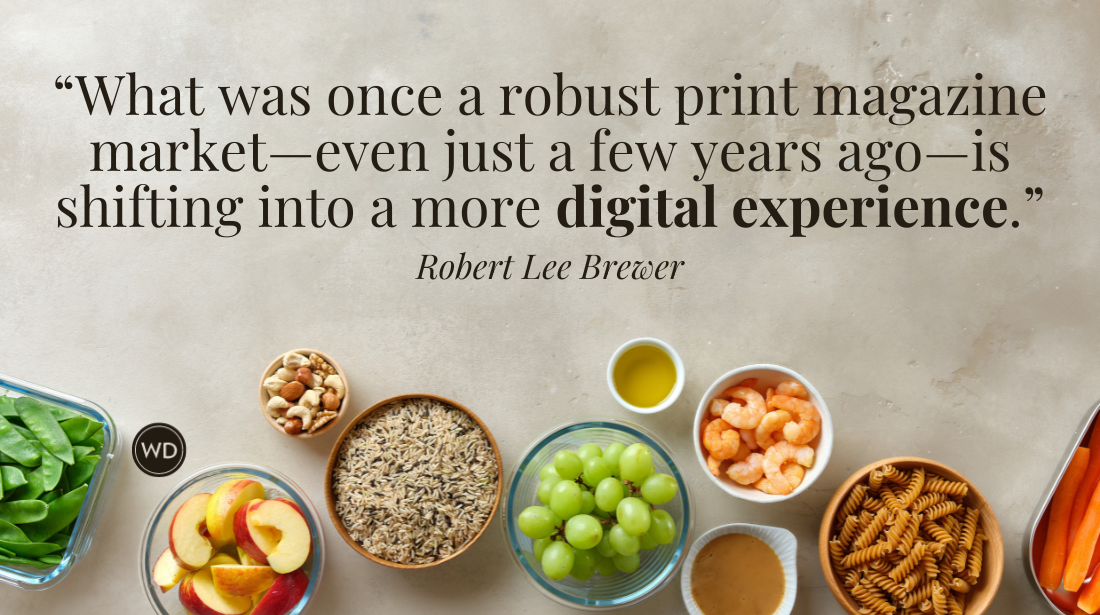The Power of Mentors, Community, and Relationships
Last night, Chris Guillebeau paid a visit to Cincinnati, as part of his Unconventional Book Tour. (I had the honor of helping arrange some of the logistics of his stop.)…
Last night, Chris Guillebeau paid a visit to Cincinnati, as part of his Unconventional Book Tour. (I had the honor of helping arrange some of the logistics of his stop.)
If you're not familiar with Chris, here are 2 good places to start:
- His popular (free) manifesto, 279 Days to Overnight Success
- Chris's recent article for Writer's Digest: The Writer's Guide to Money and Passion
Several of us went out to dinner with Chris after his talk last night, including:
- Adam Baker, Man Vs. Debt
- Todd Henry, Accidental Creative
- Matt Gartland, Healthy Lifestyle Design
Matt & Adam haven't yet been contracted for a book, and at one point during the evening, the discussion naturally drifted toward how one gets a book deal. Does the agent come calling you, or do you go calling the agent?
There were examples of both scenarios, but perhaps what was most interesting (from my perspective) is that no one really spoke of the query process, or mentioned listings/websites for finding agents.
Rather, much of the discussion focused on serendipitous connections, existing networks, and referrals—which, to me, seemed like a much less painful way to go about getting a book deal.
What if you want to bypass the cold query process? Can you do it too?
My thoughts:
• Community. All of these people are part of a meaningful community of like-minded entrepreneurs. They talk with each other, learn from each other, and are able to network across a contact list larger than just their personal one.
• Mentorship. In some groups or communities, there's a strong sense of giving back to others who are new and getting established. I do hear from many writers that their success couldn't have been possible without the tough love or generosity of an important mentor.
• Visibility and professionalism. Everyone at the dinner table last night is highly visible online, and in a position to attract agents to them. Being online (and active in social networks) opens up more opportunities and chances to meet the right person who can help you. It also helps to clearly be a professional, solidly established, with an audience. (I realize fiction writers may not have such an easy path as nonfiction writers in this regard.)
Not everyone is going to have the community-building and networking strengths of some of the people I had dinner with. But every writer should consider at least one or two ways they can build a support network, become active in a community of like-minded people, and/or find a mentor. Getting published is much easier when you know a few people—who have the distance, experience, and savvy—to tell you how to navigate a tricky industry.
P.S. That said, I highly encourage everyone to read this piece by Everett Maroon that analyzes stories of how authors found their agents, and identifies 7 factors for success.
Jane Friedman is a full-time entrepreneur (since 2014) and has 20 years of experience in the publishing industry. She is the co-founder of The Hot Sheet, the essential publishing industry newsletter for authors, and is the former publisher of Writer’s Digest. In addition to being a columnist with Publishers Weekly and a professor with The Great Courses, Jane maintains an award-winning blog for writers at JaneFriedman.com. Jane’s newest book is The Business of Being a Writer (University of Chicago Press, 2018).








